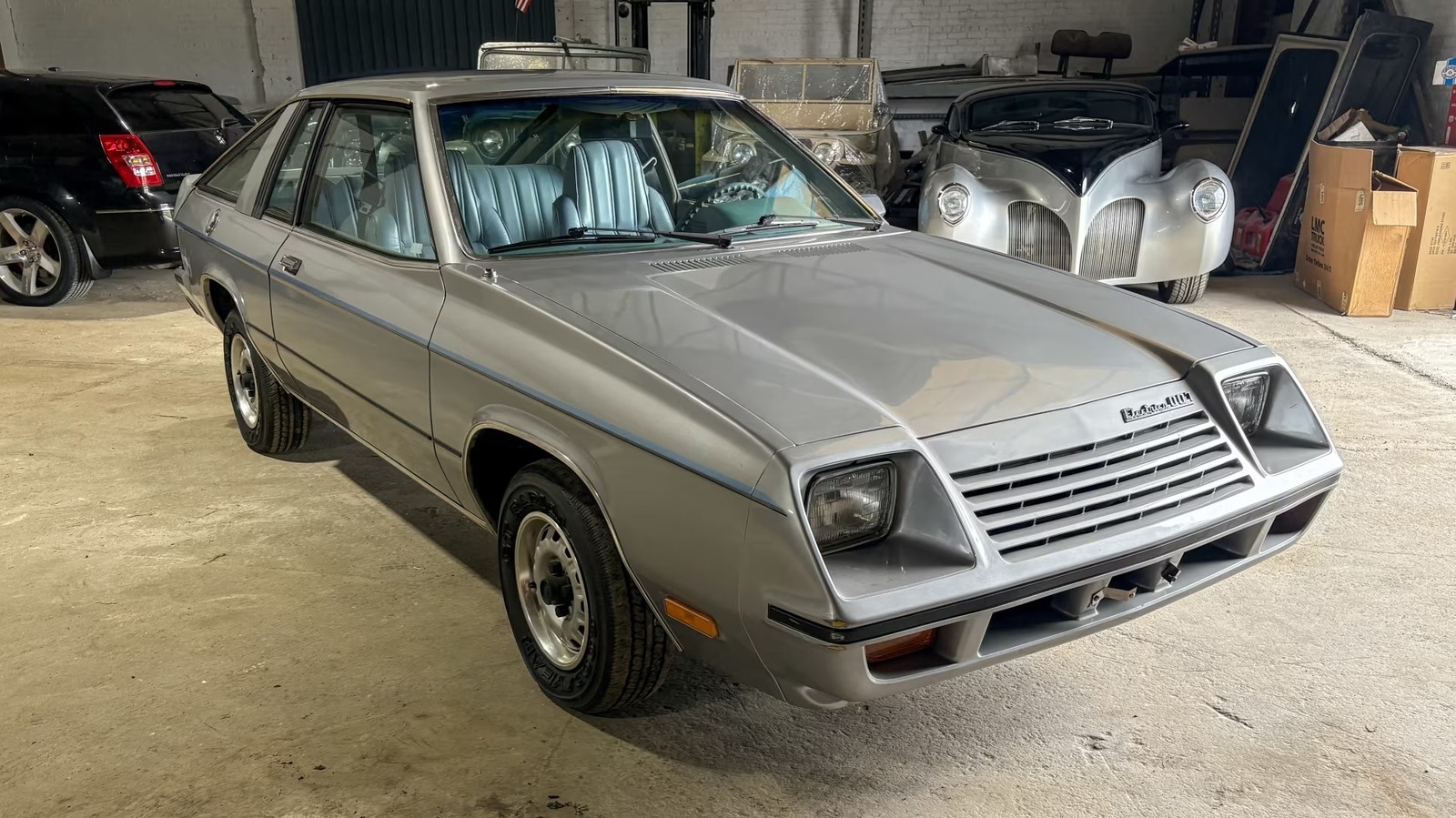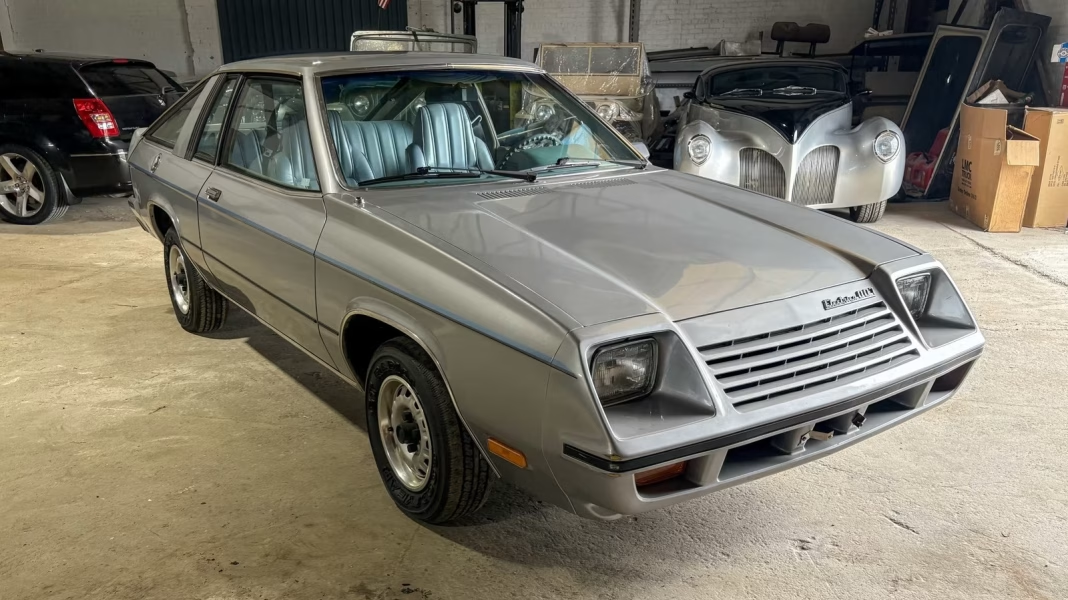What Makes the Jet Industries Electric Dodge Omni 024 Stand Out?
When you think of electric cars, your mind probably jumps to sleek Teslas or futuristic concepts. But back in the late 1970s and early 80s, Jet Industries was quietly electrifying everyday vehicles—long before it was cool. Their electric conversion of the Dodge Omni 024, now up for auction at Mecum, is a rare survivor from that era. What makes this quirky hatchback so interesting? For starters, it’s a genuine piece of automotive history, representing an early attempt to make electric vehicles practical for American drivers.
Jet Industries took the humble Dodge Omni 024 and swapped out its gasoline engine for a battery-powered setup. The result? A car that looked almost identical to its gas-powered siblings but ran silently on electricity. This wasn’t just a science experiment; Jet Industries sold hundreds of these conversions to municipalities, utility companies, and eco-conscious drivers who were decades ahead of the curve.
How Did Jet Industries Convert the Dodge Omni 024 to Electric Power?
The process was surprisingly straightforward, yet innovative for its time. Jet Industries removed the internal combustion engine and installed a DC electric motor, paired with a large bank of lead-acid batteries. The batteries were typically mounted in the engine bay and trunk, balancing out the weight and preserving the car’s handling as much as possible.
Charging was done via a standard household outlet—no fancy charging stations required. Range? About 50 miles on a good day, depending on how heavy your right foot was. Top speed hovered around 55 mph, which was enough for city driving but not exactly autobahn material. Still, for the late 70s, this was a bold leap toward a cleaner, quieter future.
Why Did Early Electric Cars Like the Jet Electra 007 Struggle to Catch On?
It’s easy to look back and wonder why these early electric cars didn’t take off. The answer comes down to a few key factors: battery technology, infrastructure, and consumer expectations. Lead-acid batteries, while reliable, were heavy and didn’t hold much energy compared to today’s lithium-ion packs. Charging took hours, and public charging stations were virtually nonexistent.
Then there’s the matter of performance. While the Jet Electra 007 (as Jet Industries branded their conversions) was perfectly adequate for short commutes, it couldn’t compete with the range or speed of gasoline cars. Add in a higher price tag and limited dealer support, and you can see why most buyers stuck with what they knew.
What’s the Real-World Value of a Vintage Electric Conversion Today?
Fast forward to now, and these early electric conversions have become fascinating collector’s items. They’re not just oddities—they’re milestones. According to Hagerty, interest in vintage EVs is on the rise, with some models fetching surprising prices at auction. The Jet Industries Dodge Omni 024 is especially rare, since so few have survived in original or restored condition.
Collectors value these cars for their historical significance and their role in shaping the EV landscape. They’re conversation starters at car shows and rolling reminders of how far electric technology has come. Plus, with the growing popularity of restomods and EV conversions, owning a factory-built electric from the 1980s is a unique badge of honor.
Could You Actually Drive One of These Today?
Let’s be honest: daily driving a Jet Electra 007 would be a challenge. The range and speed limitations are real, and finding replacement parts for a 40-year-old electric drivetrain isn’t exactly a walk in the park. But for short trips, parades, or just the joy of owning something truly different, it’s absolutely doable.
Some owners have even upgraded their vintage EVs with modern batteries and controllers, dramatically improving performance while preserving the car’s retro charm. It’s a balancing act between authenticity and usability, but the community around these cars is passionate and resourceful.
What Does This Sale Mean for the Future of Classic Electric Cars?
The fact that a Jet Industries electric Dodge Omni 024 is crossing the block at Mecum Auctions is a sign of changing times. Collectors and enthusiasts are starting to recognize the importance of these early EVs—not just as curiosities, but as trailblazers. As the market for classic cars evolves, expect to see more attention paid to vehicles that pushed boundaries, even if they didn’t achieve mainstream success.
The big takeaway? Embracing the legacy of early electric cars isn’t about perfection—it’s about smarter adjustments. Start with one change this week, and you’ll likely spot the difference by month’s end. Whether you’re a collector, a tinkerer, or just someone who loves a good story, these vintage EVs prove that innovation is a journey, not a destination.


